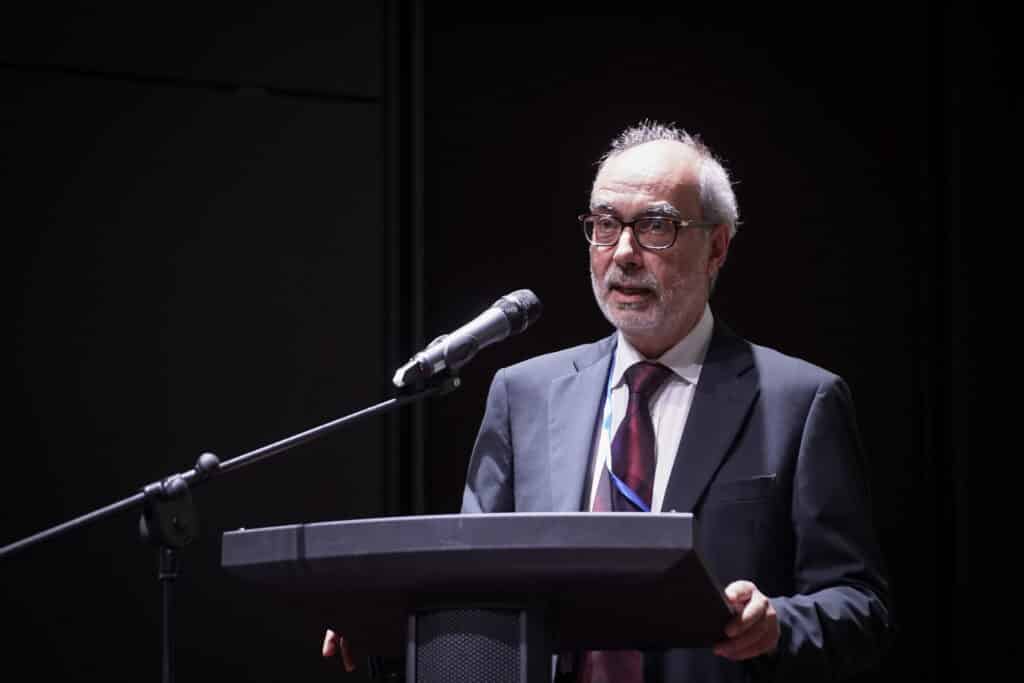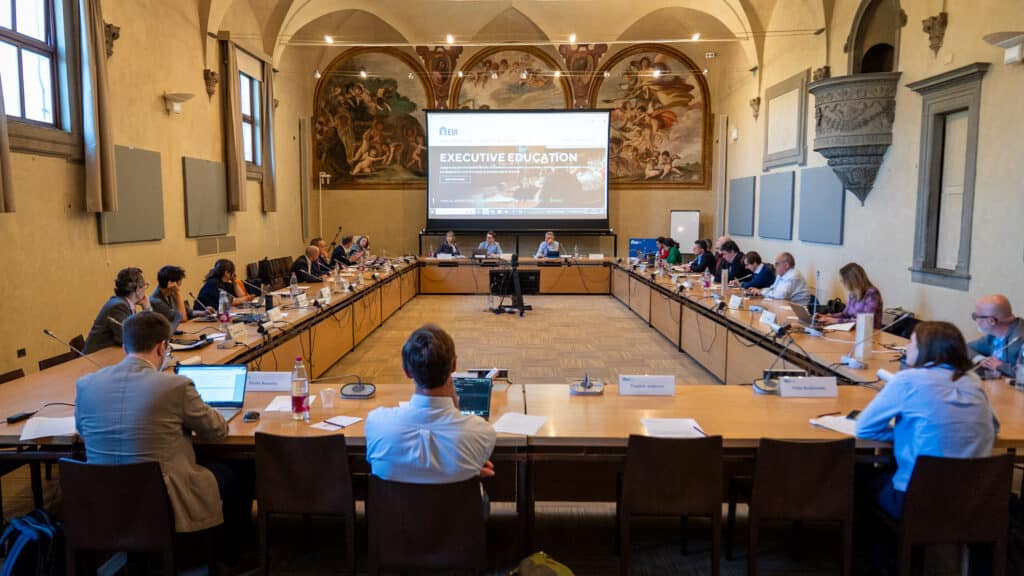

Fabio Santeramo, Marie Curie Fellow at the Global Governance Programme of the Schuman Centre, presents his future research plans on the relationship between climate change, trade and agriculture.
The agri-food sector is both highly impacted by climate change and is one of the main contributors to the global emissions, with more than 13 billion metric tons of CO2 equivalent. A growing world population and changes in diet are going to raise the demand for food and for livestock feed and therefore increase the emissions from agriculture. On the other hand, climate change may have a substantial impact on the use of land and other inputs, on the productivity and ultimately on the global agri-food production.
Changes in climate are already altering the use of land and the productivity in developed and developing countries, with consequences that are reflected on emissions, use of resources and global availability of food. The major consequences are evident at local level and therefore influence the terms of trade dynamics, and in turn the debate on trade policies.
After having recognised the role of trade in allowing adaptation to climate change, scientists are debating on the role of trade policies. Recent papers have pointed at the losses (in terms of lack of adaptation) implied by existing trade barriers. Some scholars have also argued that trade policies may be effective tools to incentivise the relocation of the agri-food production in areas rewarded by the global warming. Moreover, the policy interventions may prove effective in discouraging the production in least (environmentally) efficient areas in order to reduce the emissions and lowering the pressure of the sector on the environment.
Against this background, it is remarkable to note that economics has failed to find a global solution. Scholars have stressed on the need to establish a cross-disciplines approach, deriving knowledge from several fields such as agricultural and environmental economics, international economics, international relations, and political science. A multidisciplinary approach is necessary to produce ground-breaking, scientifically rigorous evidence to guide stakeholders in their decisions and negotiations. Only by evaluating different potential solutions and designing enforcing mechanisms to achieve effective international cooperation, it will be possible to establish a new trade regime, capable of ensuring resilience, efficiency and equity to the global agri-food sector.

In this article, we introduce you to Carbon Contracts for Difference (CCfDs), a tool to incentivise industrial decarbonisation projects. We…

Established in 2003, thanks to the activism and cooperation of a group of European Energy Regulators, the Council of European…

An EU Action Plan for Grids Interconnected and stable energy networks are the backbone of the EU’s internal energy market and key to enable the…
To meet, discuss and learn in the channel that suits you best.